The European Union (EU) announced that it planned to become completely carbon neutral by 2050 and cut greenhouse emissions by 55% by 2030.
However, in order to make those goals a reality, the EU drastically changed regulations for farmers, and farmers from countries all over the continent took to the streets in protest. Now, the EU is changing its tune.
The Farmer Protests in Europe
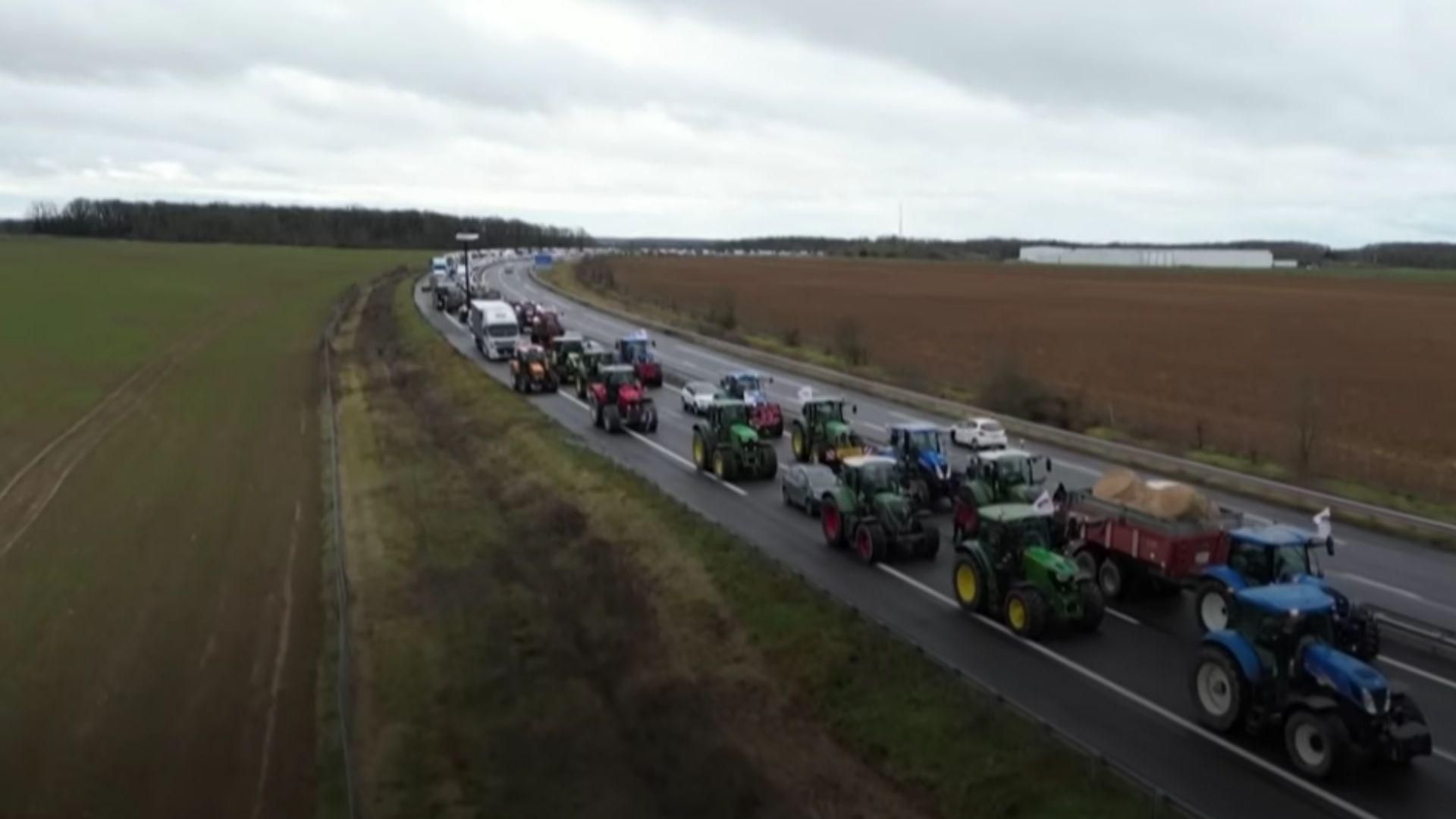
Before understanding the EU’s most recent announcement regarding its climate change initiatives, it’s first vital to learn a bit about the protests that have been going on for months.
Essentially, farmers from France, Poland, Greece, Germany, Belgium, and now, England, have taken their tractors to the streets to stop traffic in protest of the EU’s changes to the Common Agricultural Policy.
What Are the Changes for European Farmers?
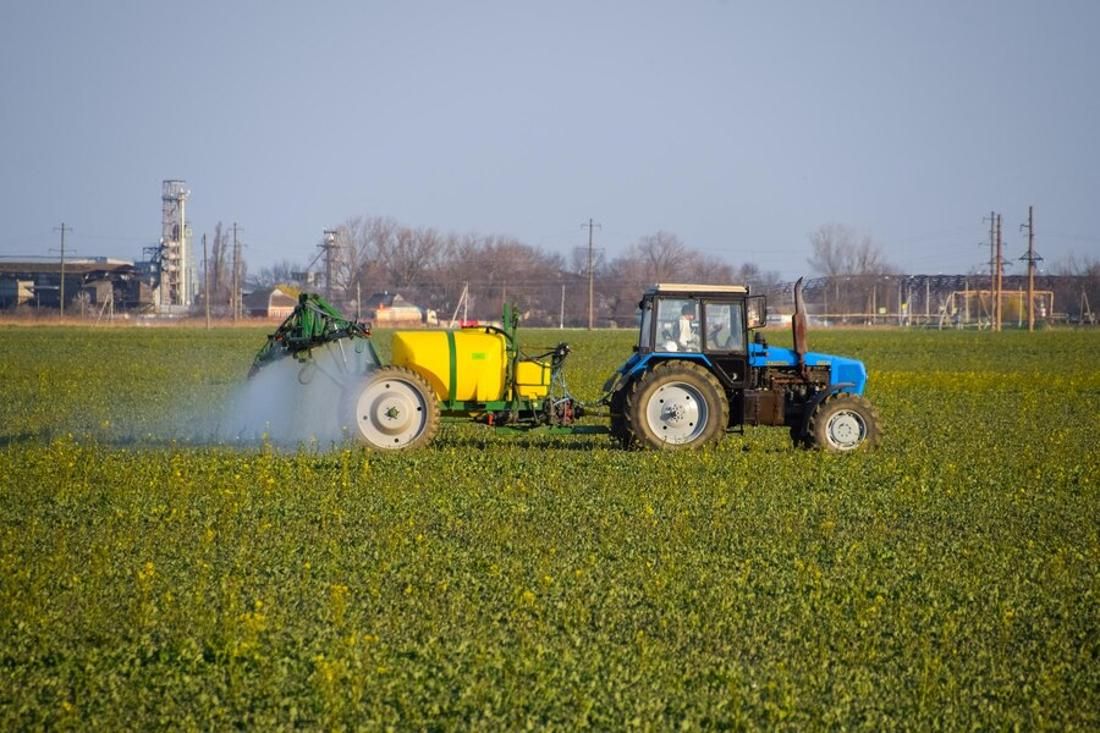
Because the farming sector represents 11% of the EU’s greenhouse gas emissions, the Union decided to make two big changes that focus on diminishing that pollution.
First, farmers have to use at least 4% of arable land for non-productive features, and second, they have to immediately reduce the amount of fertilizer they use by at least 20%. All while keeping their produce as cheap as possible.
An Impossible Ask
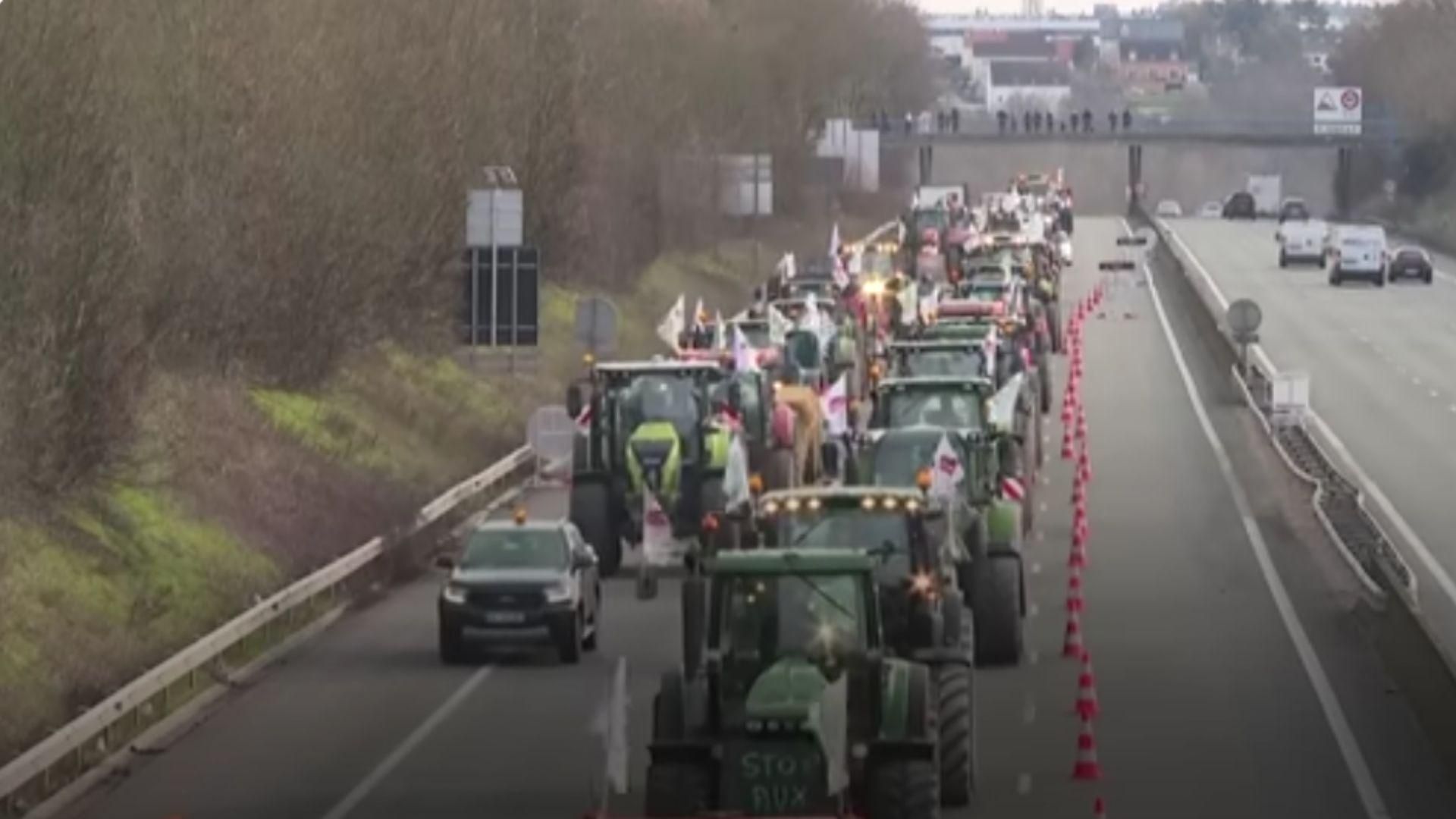
However, farmers across the continent have reported that what the EU is asking of them is essentially impossible.
As Morgan Ody, a farmer with the European Coordination Via Campesina, explained to Time, “On the one hand, we are being asked to farm more sustainably, which is fair enough because we know that the climate crisis exists because it’s affecting us. But at the same time, we are asked to keep producing as cheap as possible, which puts us in an impossible situation.”
European Farmers Will Struggle to Make Ends Meet
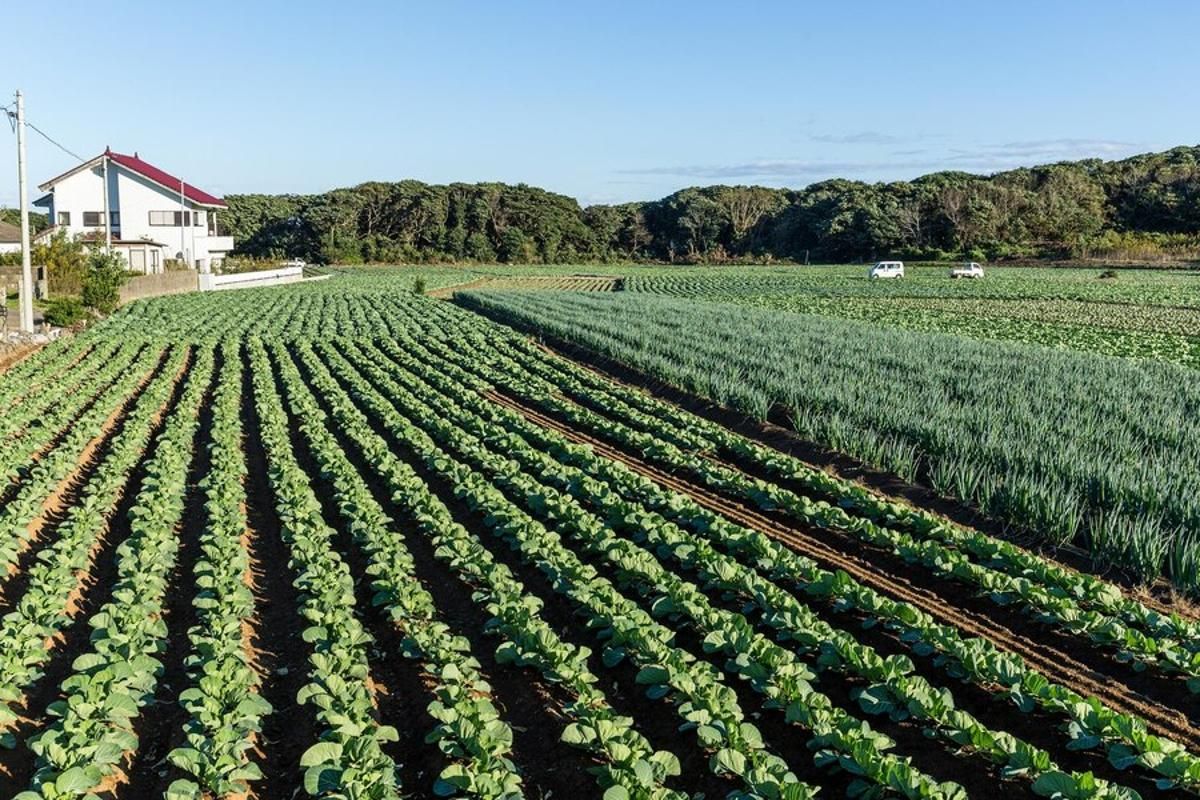
The farmers are protesting not against the fact that sustainability is necessary but against the immediate policy changes that will make it extremely challenging for them to turn a profit.
They say that with these new measures, local farmers will have to charge a great deal more than foreign imports, which will eventually lead them to bankruptcy.
The Protests Have Actually Made a Difference
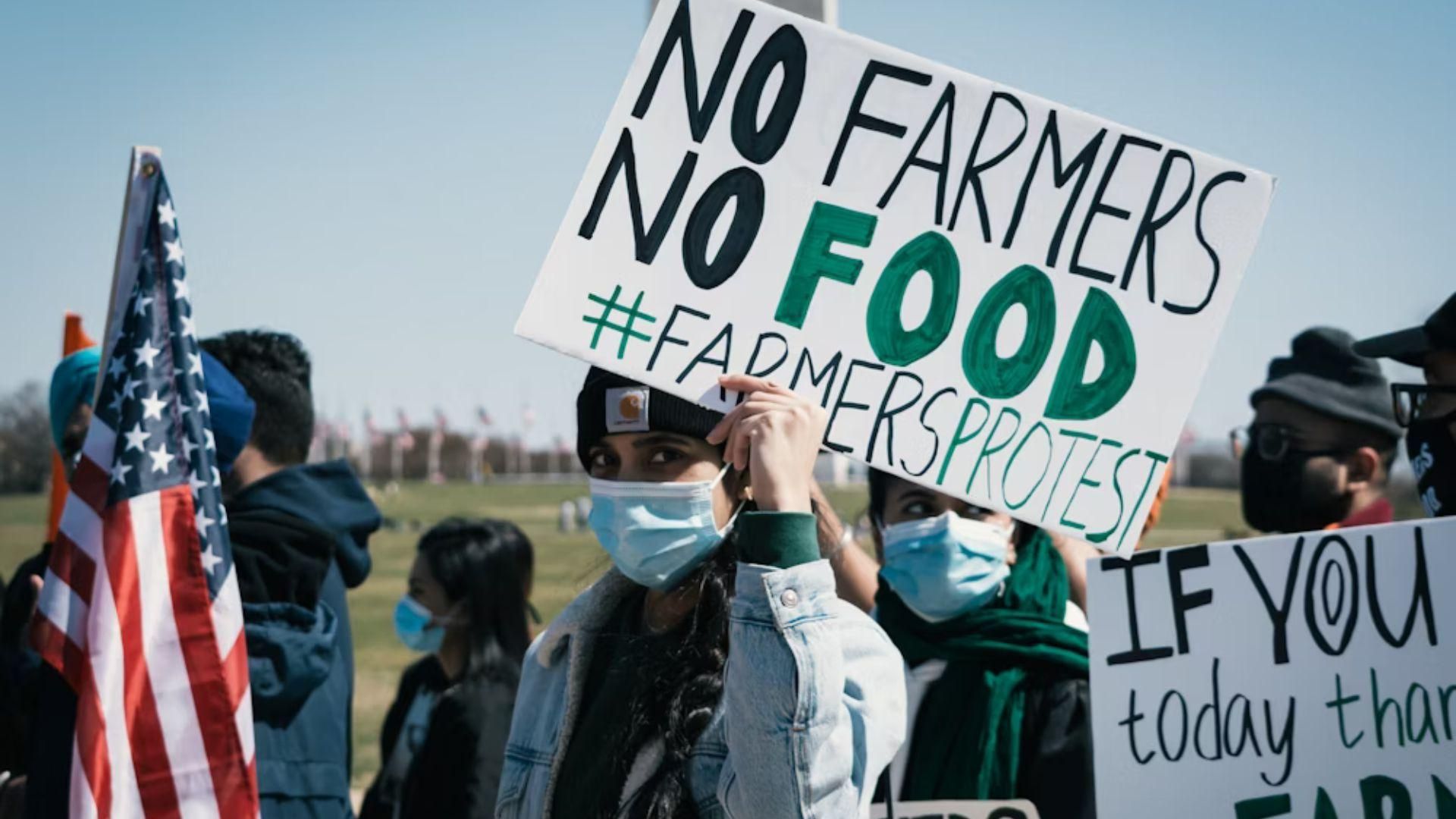
Often, protesters go home with their signs and their heads hanging low, knowing that their days of dedication made absolutely no difference. But that is certainly not the case for the farmers in Europe.
Most likely because of the intense effect the protests had within half a dozen countries, the EU has re-assessed the policy changes and recently announced that they are ditching the initial proposal.
What Are the New Rules for Farmers in the EU?
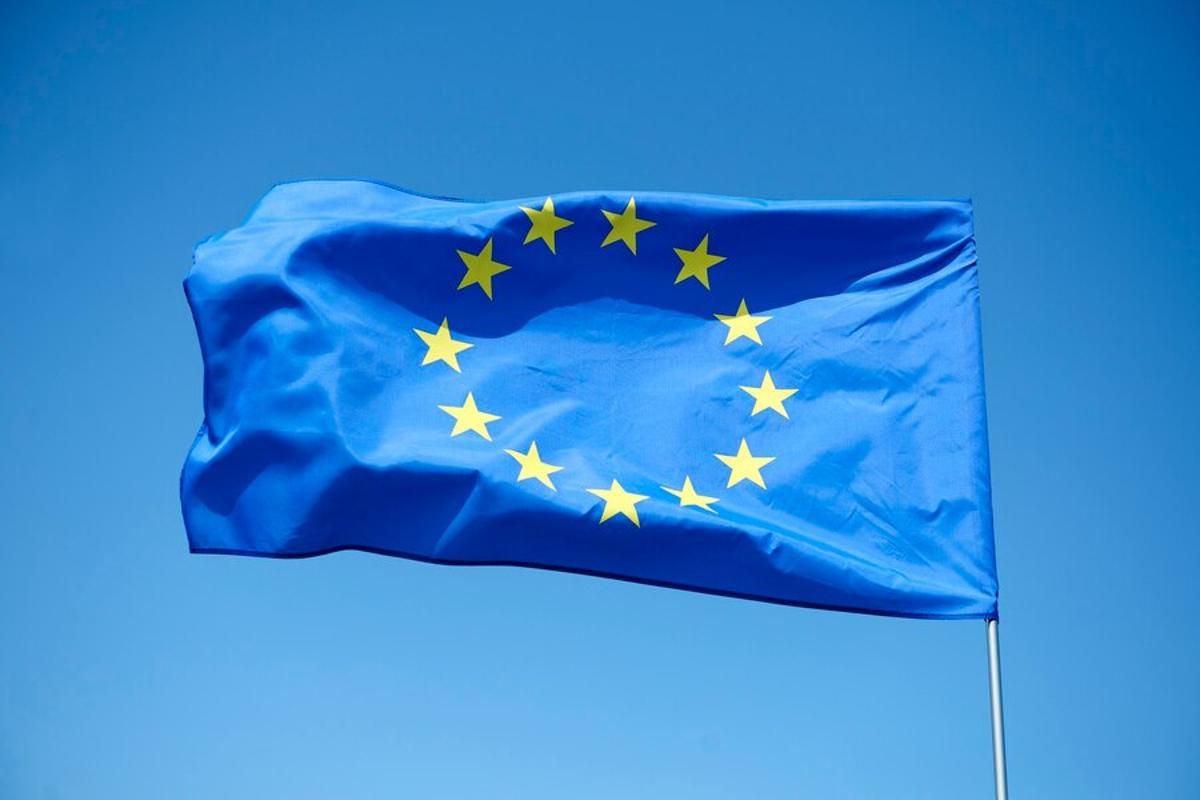
The European Commission explained that they are no longer including the agricultural sector in its plan for cutting greenhouse emissions within the next two decades.
Additionally, they’ve done away with the rule that farmers have to cut down their pesticide and fertilizer use by at least 20%. The EU’s Agriculture Commissioner Janusz Wojciechowski explained that the initial changes weren’t “fully fair” in the first place.
The Agricultural Sector Needs to Be Handled Separately
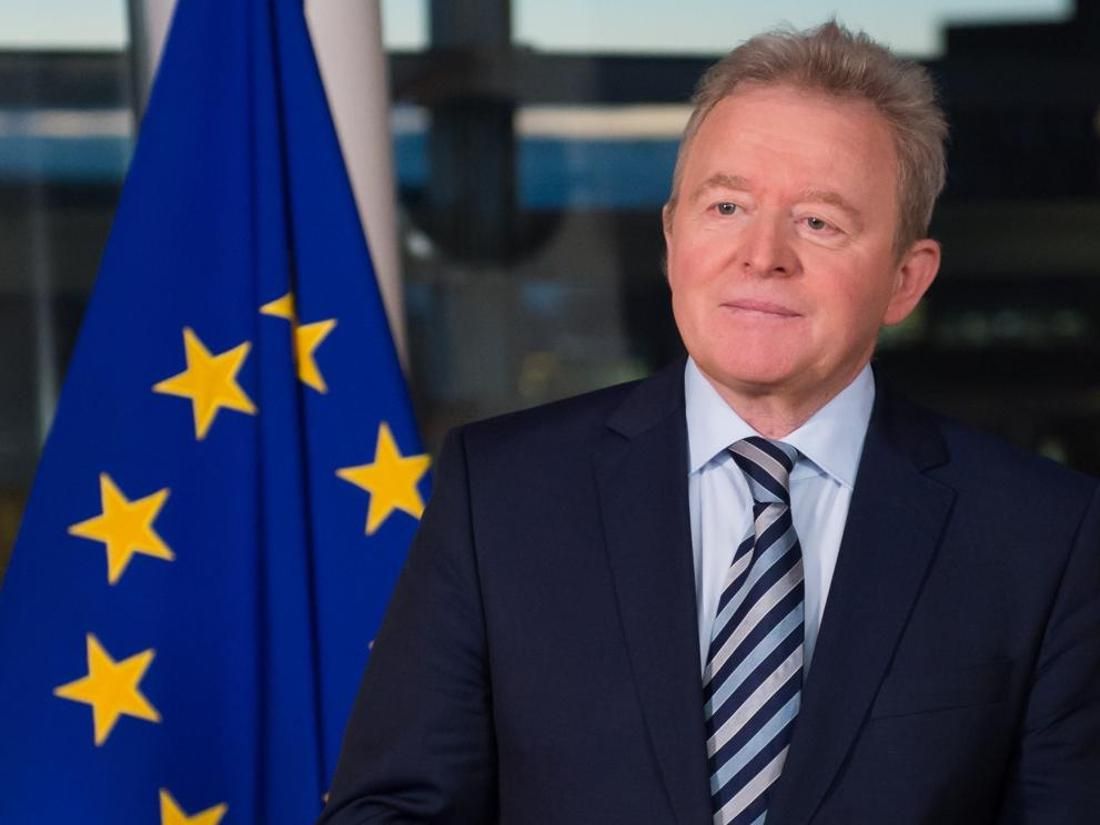
Wojciechowski also said, “In agriculture, we should take into account the specifics of agriculture,” and noted that he was “happy” about the reversal of the policy changes.
The commissioner explained, “We need to reduce the use of pesticides, but not to force the farmers [to do it].”
What’s Next for EU Farmers?
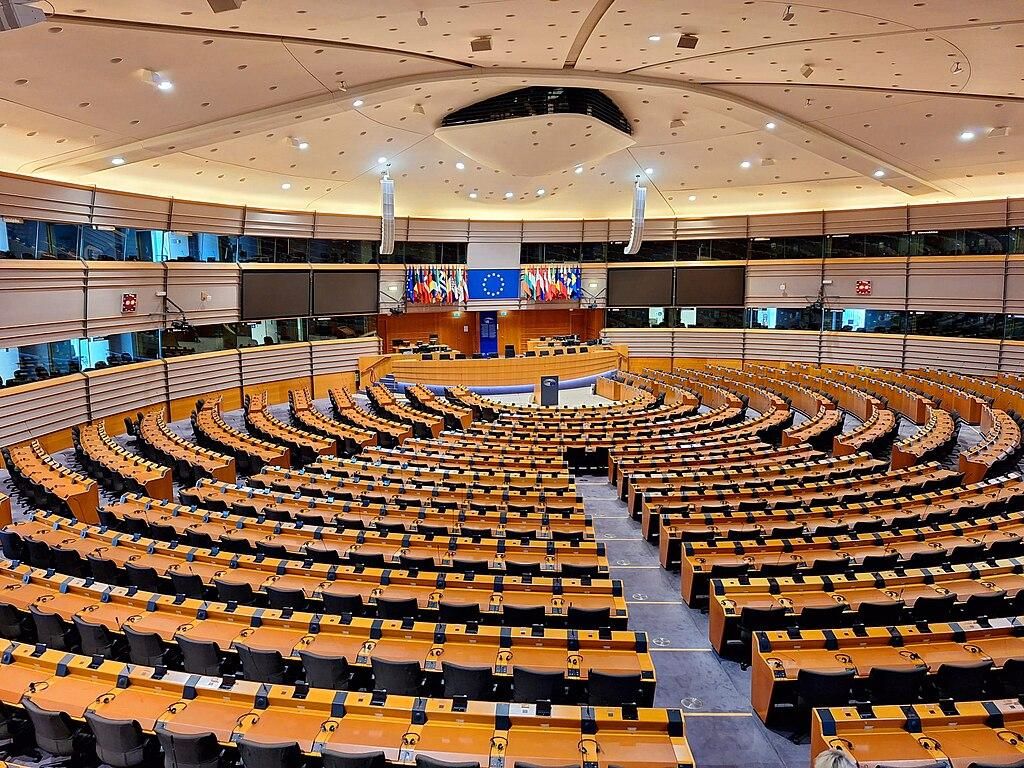
While the EU has retracted the agricultural policy changes, it has yet to announce what the new plan will entail.
And as the EU parliamentary elections are coming up in June 2024, it’s highly likely that they won’t make any further announcements until the new representatives are chosen.
The “Farmers’ Question” Will Have a Big Impact on the Elections
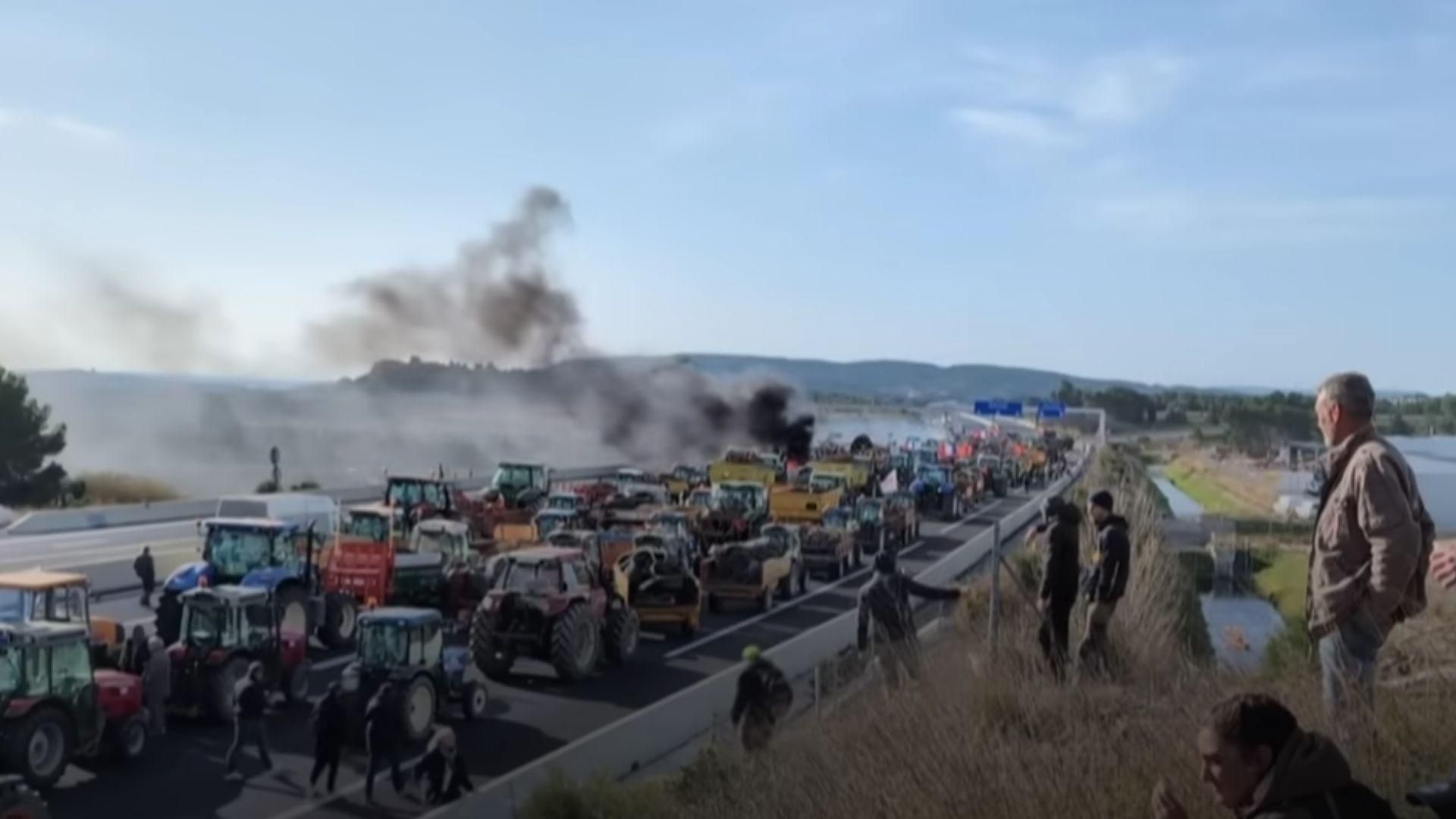
After months of protests and a reversal of policy changes, there’s no doubt that the wants and needs of the continent’s thousands of farmers will affect the upcoming elections.
As Alberto Alemanno, a professor at the H.E.C. Paris Business School, explained, “The farmers’ question is set to dominate the electoral competition ahead of the European Parliament 2024 [elections], by becoming one of the few pan-European issues, over which various parties will be competing.”
Climate Change Experts Worry This Will Be a Big Step Backward for European Sustainability
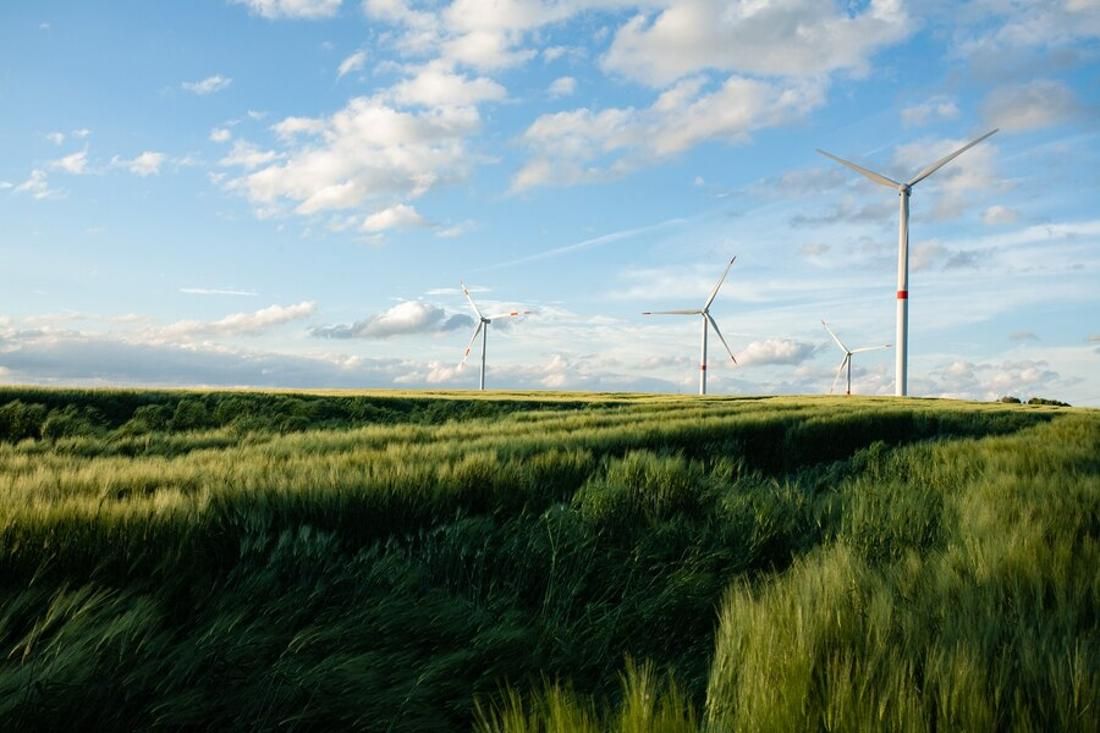
The previous administration was adamant about instilling change across the board to cut down on greenhouse gas emissions and improve sustainability to save the planet.
But now, some experts worry that if a far-right government is elected by farmers and their supporters, Europe will reverse not just the agricultural policy changes but green initiatives altogether. Alemanno explained, “The next EU political cycle (2024-29) will undoubtedly be less green to the point of putting into question the implementation of the green new deal.”
The Farmers of Europe Have Proved to Be a Formidable Opponent
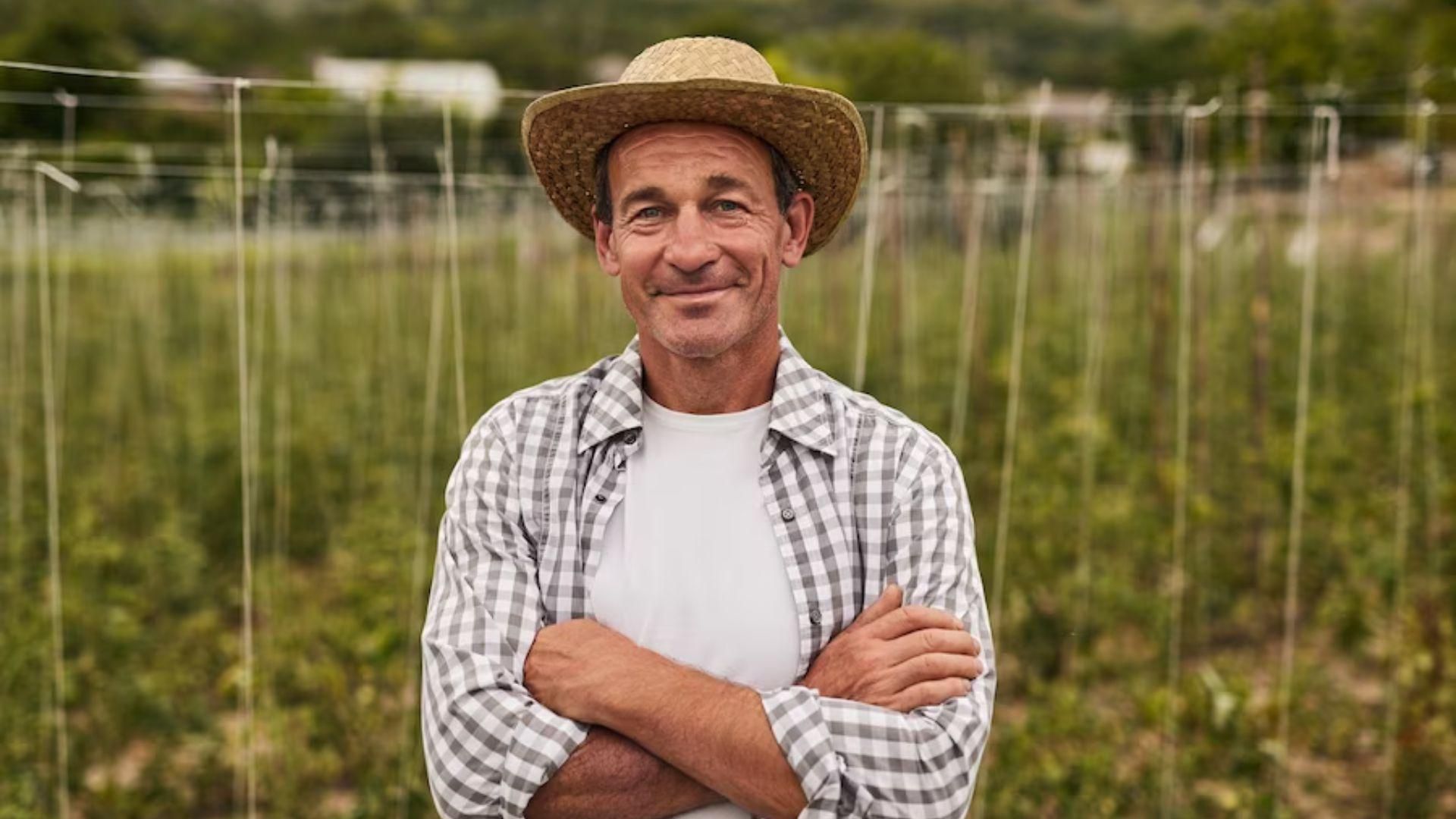
No one knows the future, and whether or not the newly elected parliament will actually reverse all climate change policies is still a mystery.
However, there is no question that the farmers of Europe have proved they are a force to be reckoned with, and they won’t stop until the government gives them what they want.
